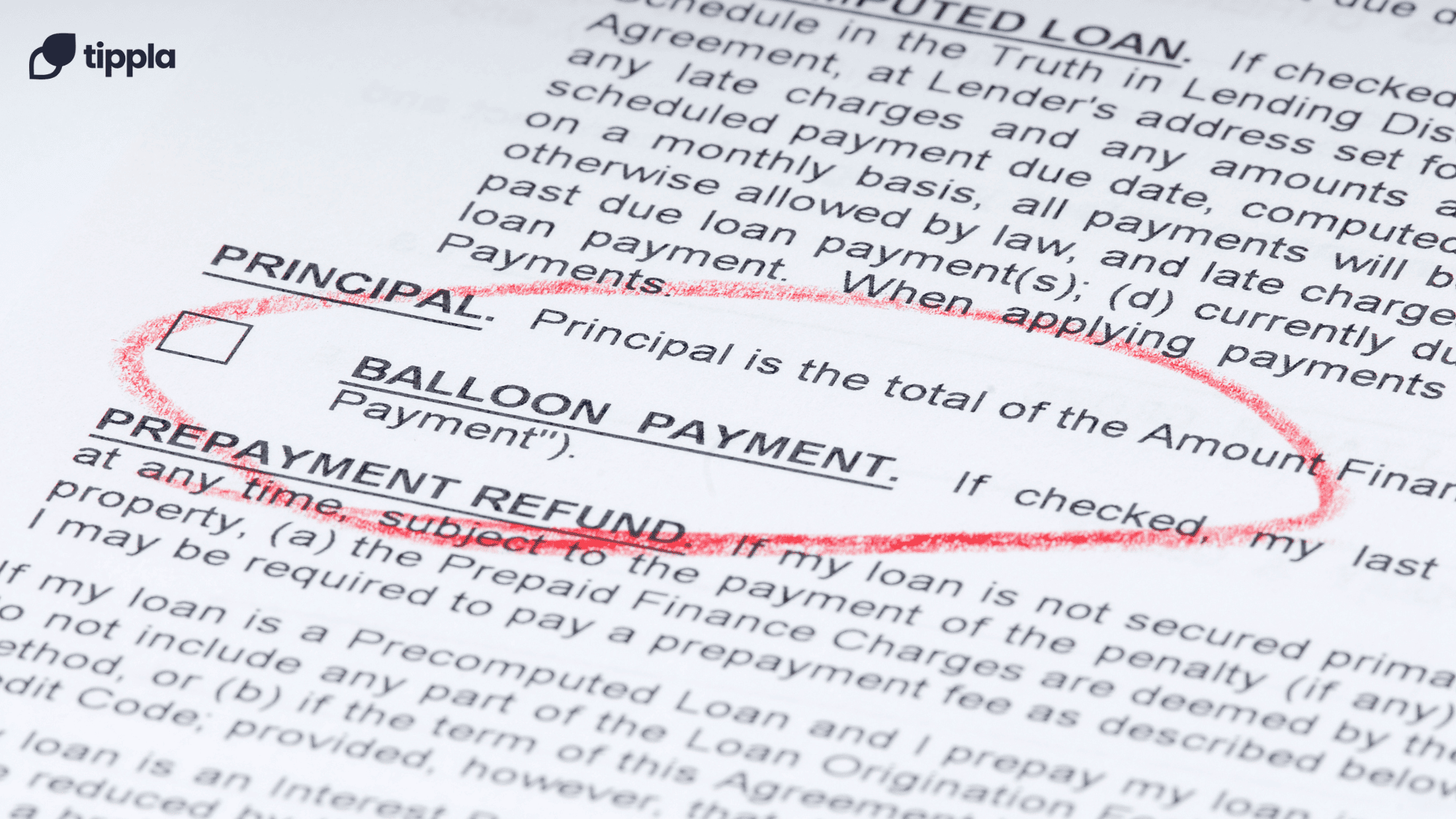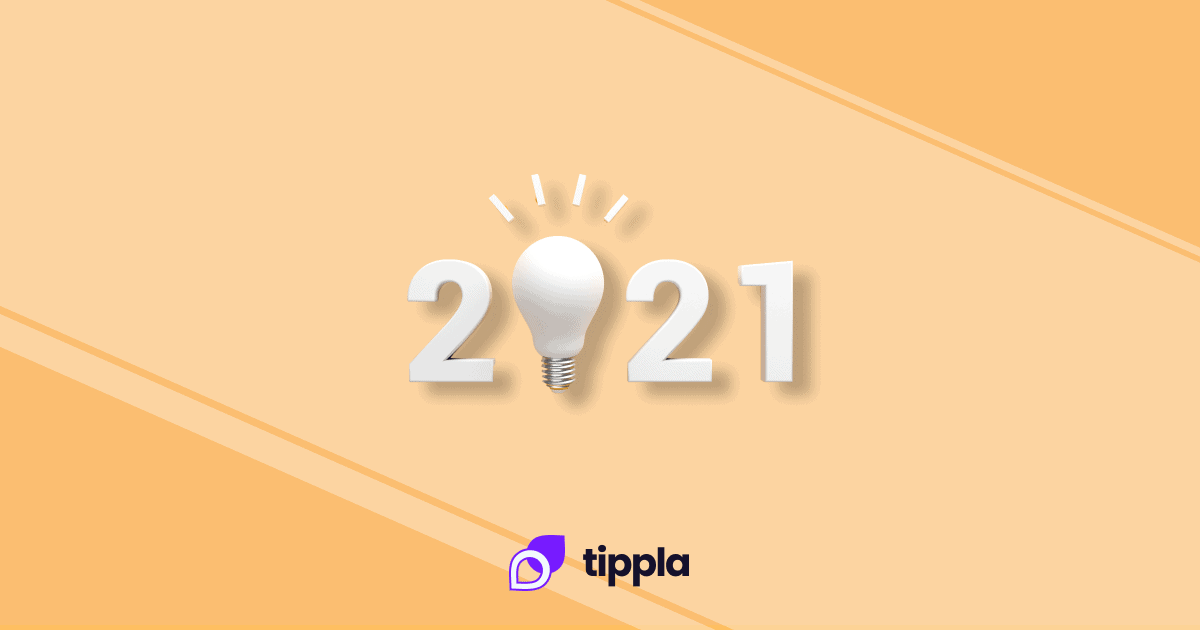Published in January 9, 2025
Can you increase your personal loan amount?

Is your loan set or can you increase your personal loan amount if needed?
If you have an existing loan and you’re expecting extra expenses, you might wonder if you can increase your personal loan amount and how? Your best option is a so-called personal loan top-up or consolidation loan/revolving credit facility. Instead of having to apply for another loan, it helps you to keep your debt in one place and stick to the one lender. Let’s dive deeper into the nitty-gritty details of increasing your personal loan and how to find out if you’re eligible!
What is a personal loan top-up?
If you unexpectedly need some extra cash, you can ask your lender for a loan top-up. As an already established customer, it is an easy way to get additional money when you need it. Technically, you have to apply for a second loan with an existing lender and sign a new contract. However, the top-up loan will be combined with your previous loan, so you will only have one loan to repay. Taking out additional money will increase your repayments, so depending on your circumstances, it may also mean that you have to extend your existing loan term.
Increase your personal loan amount or take out a new one?
But is getting a loan top-up really your best option? If you need to increase your cash flow, you may be wondering whether you should simply increase your existing loan amount or apply for a new one to consolidate your new and existing debt into one. Let’s check out the pros and cons to see what works best for you, shall we?
| Pros | Cons | |
| Increase your personal loan |
|
|
| Apply for a new loan |
|
|
If you have been repaying your existing loan for a while, chances are high that you could get a new loan for a better and more competitive rate. However, the fact that you have taken out another personal loan already may also affect your credit score and in fact lower your chances to get that better rate.
Here’s what to check before increasing your personal loan amount
Needing money can be a pressing matter. But don’t run headfirst into a new loan. You should ask your lender a few questions before settling for this option to make sure you get the best deal.
- Should I be expecting any fees? Many major banks charge a one-off establishment fee which can vary in cost. If you decide to increase your personal loan amount. This fee could be lower or higher than our estimate, and sometimes non-existent depending on your lender.
- What are the restrictions? Some lenders may not allow you to apply for a top-up in the first year of your loan. Some lenders may also not allow you to apply for a top-up until you’ve paid a certain percentage of your loan. Check with your lender what restrictions are put in place for loan top-ups.
- Am I eligible for a top-up? There are certain eligibility requirements you might need to meet for personal loan top-ups. The eligibility criteria could be the same as the ones that were in place when you applied for your existing personal loan. If you’ve had a change in your financial position, check with your lender to see if you still meet the eligibility criteria. Before making a decision, it’s wise to explore a reliable platform for a cash loan advance. This ensures your financial stability and helps you evaluate whether taking on additional expenses—or increasing your current loan amount—is worthwhile.
Will increasing your personal loan amount get listed on your credit report?
Yes, it definitely will! Like taking on any other loan, a top-up loan will show up in your credit history. Your credit score helps future lenders to make predictions about your future financial behaviour based on your past and current habits. It helps them to determine your likelihood to repay the loan. Increasing your personal loan amount will also increase your outstanding debt and, therefore, change your credit utilization ratio. Your credit utilization ratio is the amount of money you own in relation to the maximum amount of money you could borrow. It’s normally expressed as a percentage and you should aim to keep it below 30% if possible.
How can I top-up my personal loan?
Before you apply for a top-up, you should consider all your options. Is increasing your personal loan the most suitable option for your current financial situation? If you are experiencing financial hardship and feel desperate for some extra cash, you may want to speak to a free financial counsellor first.
The first step is to get in touch with your current lender. In most cases, that means you will have to submit a new application and go through the evaluation process again. Your lender will check if you are eligible and based on that, approve or decline your application.
Once your application is processed and approved, your personal loan will get topped-up. You will now want to work out how to manage your increased debt to stay on top of it. One option could be to increase your loan term. However, this may cost you more in interest. Alternatively, you can also increase your repayments.
What if my lender declined my application?
Not every lender will allow you to increase your personal loan. That’s when refinancing your loan or looking for other types of personal loans could be a better option for you. Review your credit score and report before applying to make sure you’re eligible as loan declines can affect your score. Refinancing with a new lender can help you move your debt elsewhere and you can borrow additional funds. Tippla can help you understand high credit scores and how to achieve them. Read more!
Make sure to list your reason for borrowing as ‘refinancing’. Although the lender can see that you have an existing loan, listing your reason as refinancing will make it clear that you will be closing your current loan if you get approved.
While we at Tippla will always do our best to provide you with the information you need to financially thrive, it’s important to note that we’re not debt counsellors, nor do we provide financial advice. Be sure to speak to your financial services professional before making any decisions.
Subscribe to our newsletter
Stay up to date with Tippla's financial blog



